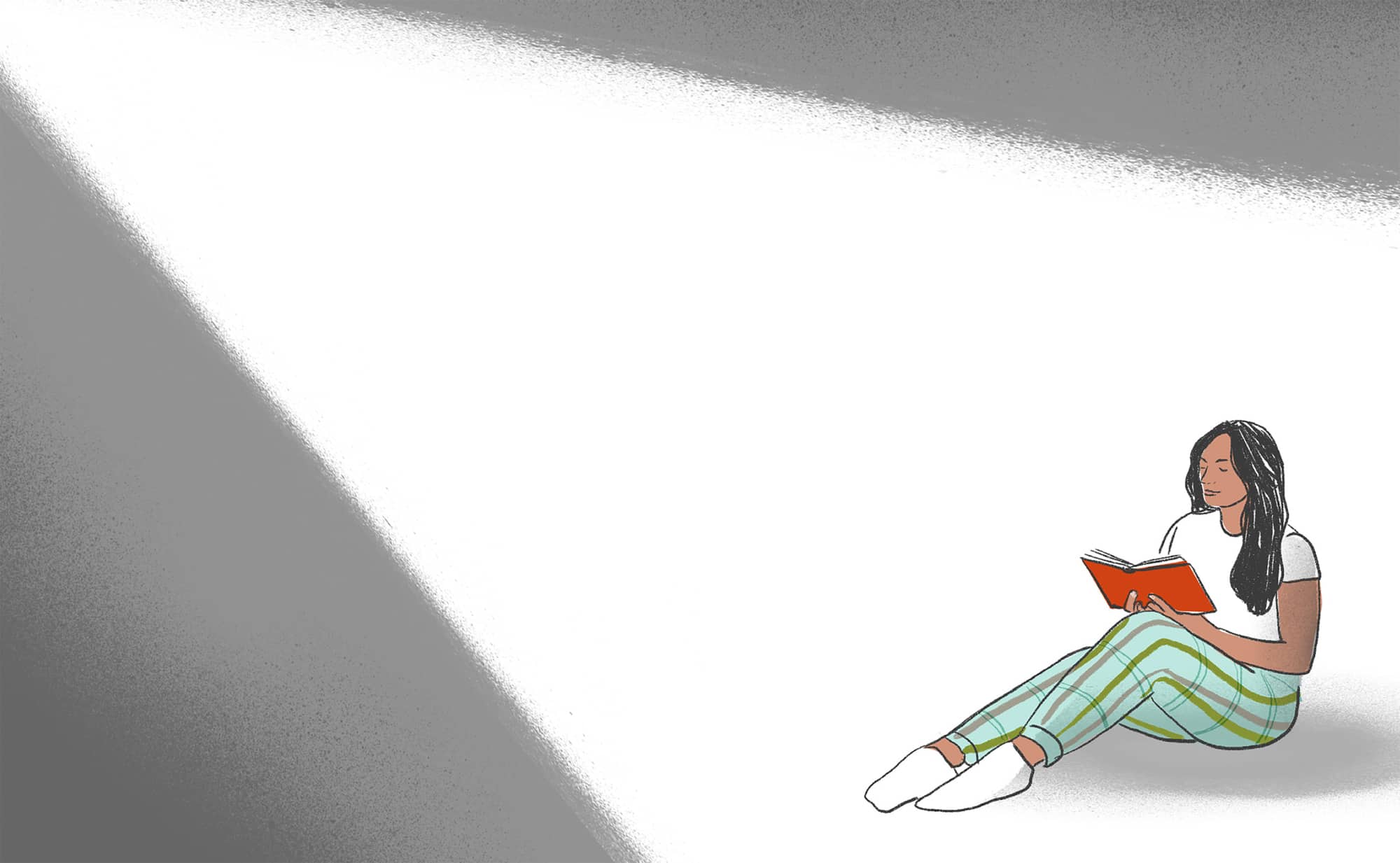Letting the Light In
When we are lucky enough to have clear skies, sun streaming through our windows and light in our rooms, we’re given an instant mood lift. In Buddhist ceremonies, you can usually see a candle or lamp, symbolizing that we should put others in front of ourselves and think of them first, removing our egos where possible. The Buddha regarded the ‘light’ of wisdom as the most important light of all: his eyes are closed so that the mind can be understood internally, in particular how the mind can regenerate and free itself from suffering.
Taking that into account, we can look at both how we can bring light into the home, and the importance of looking within for our energy and joy. Humans were made to be outside, so letting more natural brightness into your home can help attune your body to nature – although it doesn’t need to have a natural light source in order for you to have good lighting; there are many things you can do to create well-lit areas.

ADAPT THE LIGHTING TO THE SPACE
The brightness or darkness of a room changes its mood, just as it does its perceived size. Natural and artifical lighting help with the feeling of space in a home, while dark rooms feel significantly smaller than they often are. Similarly, light can feel as though it’s being absorbed by large, bulky or close-packed furniture. You can counter this with corner and wall lamps, which really brighten a space when natural light is not available. Skylights or large windows are the best way of attracting more daylight, but if you don’t have these, keep the space feeling bright and fresh with voile panels or thin cotton curtains, maintaining privacy but letting the brightness in. In the bedroom, you could add a blackout blind behind the curtains or voiles to keep out the early morning sun.
Using a yellow light in the bedroom at night-time will help you relax, but the detrimental effects of the blue light emitted by phone and computer screens have been well documented. The artificial light disrupts your body’s production of melatonin, the hormone that regulates sleep. Natural light has the opposite effect; it helps you to be more energetic by day and sleepy at night, realigning your circadian rhythm with the rising and setting of the sun. Whenever possible, allow the natural sky to illuminate your home; if it’s quite dark, try reading a book next to the window. By not turning on a light you are saving yourself money and not requiring fossil fuels to be burned to generate electricity.
BRIGHTENING YOUR DAY
Opening your home to more natural sunlight has many benefits to your health and to the planet; it can make you warmer, more comfortable and happier. But light is as much about the inside as the outside of our minds: there’s a reason why we talk about ‘brightening your day’. We can use various methods to have more peaceful and positive experiences. When you find yourself going through the auto-pilot mechanics of your daily routine, take five minutes to think about initiating positive emotions. This will more than likely help to add some sparkle to the day ahead, whatever it may bring.
By shining a light on our internal emotional landscape, we can pick up where we are feeling stressed and where we need space. Part of reaching a better balance is to recognize where our limits are. This is a conscious choice based on an understanding of what is healthy for us right now – not going into our emotions repeatedly and ruminating but simply recognising them as they arise. This helps us to develop some emotional agility and bring some illumination into our daily lives. Combine this with opening the blinds and the curtains, and we will have a significant chance of more calm in the home.